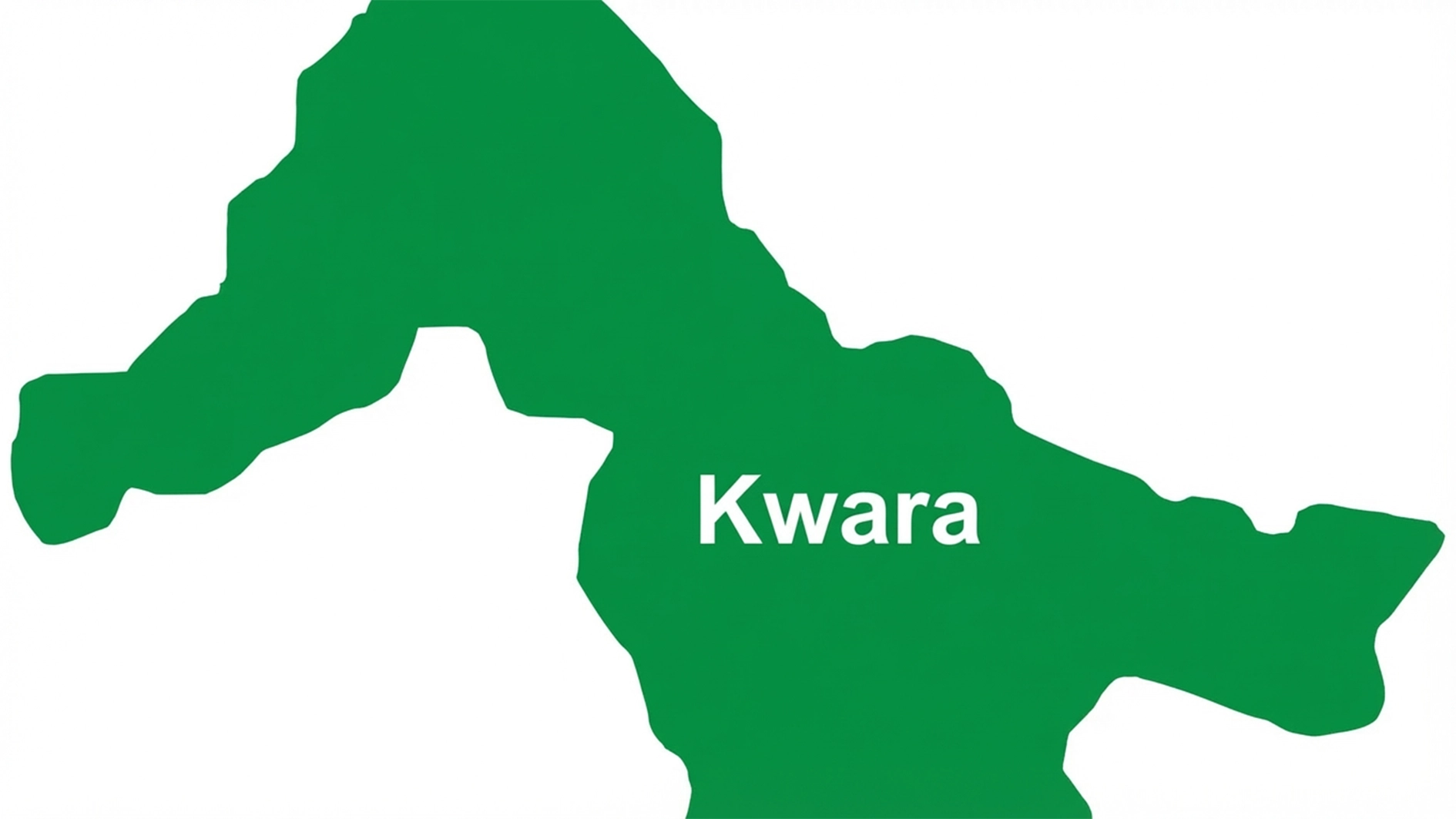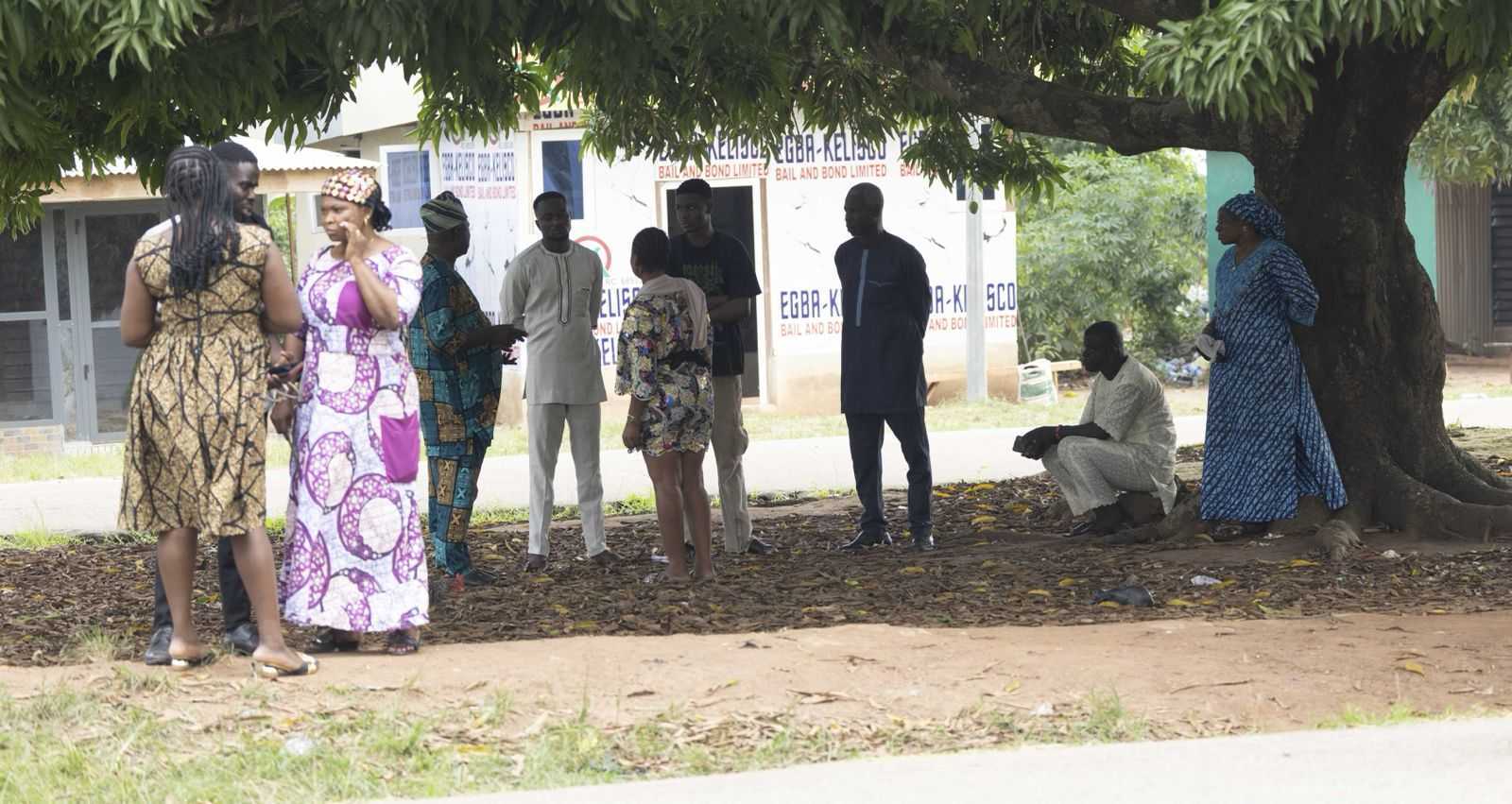To achieve Sustainable Development Goal 2 (Zero Hunger) by 2030, stakeholders have amplified the role of the private sector’s engagement in advancing food security and nutrition.
This was the crux at the Zero Hunger Pledge Country Nutrition Dialogue in Lagos, where the private sector reported on their progress and challenges in fulfilling their pledges.
The Zero Hunger Pledge, a global initiative launched in 2021 during the UN Food Systems Summit, aims to mobilise the private sector’s investments to complement public efforts in tackling starvation.
According to Senior Policy Advisor for Private Sector and Sustainable Finance, Lysiane Lefebvre, the initiative has already seen commitments from 75 companies globally, amounting to over $640 million invested in 51 countries.
“The goal is to bring in the private sector to complement and supplement what the public sector is already doing. In countries like Nigeria, there are companies already investing in sustainable practices. The Zero Hunger Pledge provides a platform to amplify their voices and efforts,” she said.
Lefebvre highlighted the significance of the initiative’s presence in Nigeria, which, along with Malawi, has been identified as a priority country under the regional partnership with the African Union Development Agency (AUDA-NEPAD).
The dialogue also addressed issues such as hidden hunger, lack of essential nutrients in diets, and the need to fortify commonly consumed foods to address these deficiencies, she added.
Lefebvre said both global research and country-level studies highlight the urgency of scaling up nutrition-sensitive investments.
Programme Officer, AUDA-NEPAD, Eyram Amovin-Assagba, underlined the importance of aligning development and business plans.
RELATEDLY, the Team Lead, Global Initiative For Food Security and Ecosystem Preservation-(GIFSEP), Dr Michael David, yesterday, emphasised the need to raise awareness and build a strong foundation for multi-stakeholders’ collaboration and accountable governance structures that would ensure food security in the country.
He spoke at a stakeholders’ dialogue on Nigeria’s Right to Food Act in Lagos.
David explained that the right to food is a fundamental one, and not a mere human need, having been signed into law in March 2023 by former President Muhammadu Buhari.
Referencing Lagos as having the highest number of food-insecure people in the country, he said a 2022 report indicated that 1,780,194 individuals were experiencing food insecurity in the state.
This, David observed, was a significant issue, impacting many urban families, who struggle to access sufficient nutritious food.
According to him, despite efforts to promote food security, challenges like poverty, high food costs, unemployment and limited accessibility remain.
“Lagos State’s food security is critically important due to its large population, high economic activity, and its role as a major hub for Nigeria. Ensuring food security in Lagos is vital for the well-being of its citizens, the stability of the local economy, and the broader national food system,” he said.
OXFAM Country Director’s representative, Peggy Maimaji, reinforced the need to move from policy formulation to implementation through the right to Food Act.






